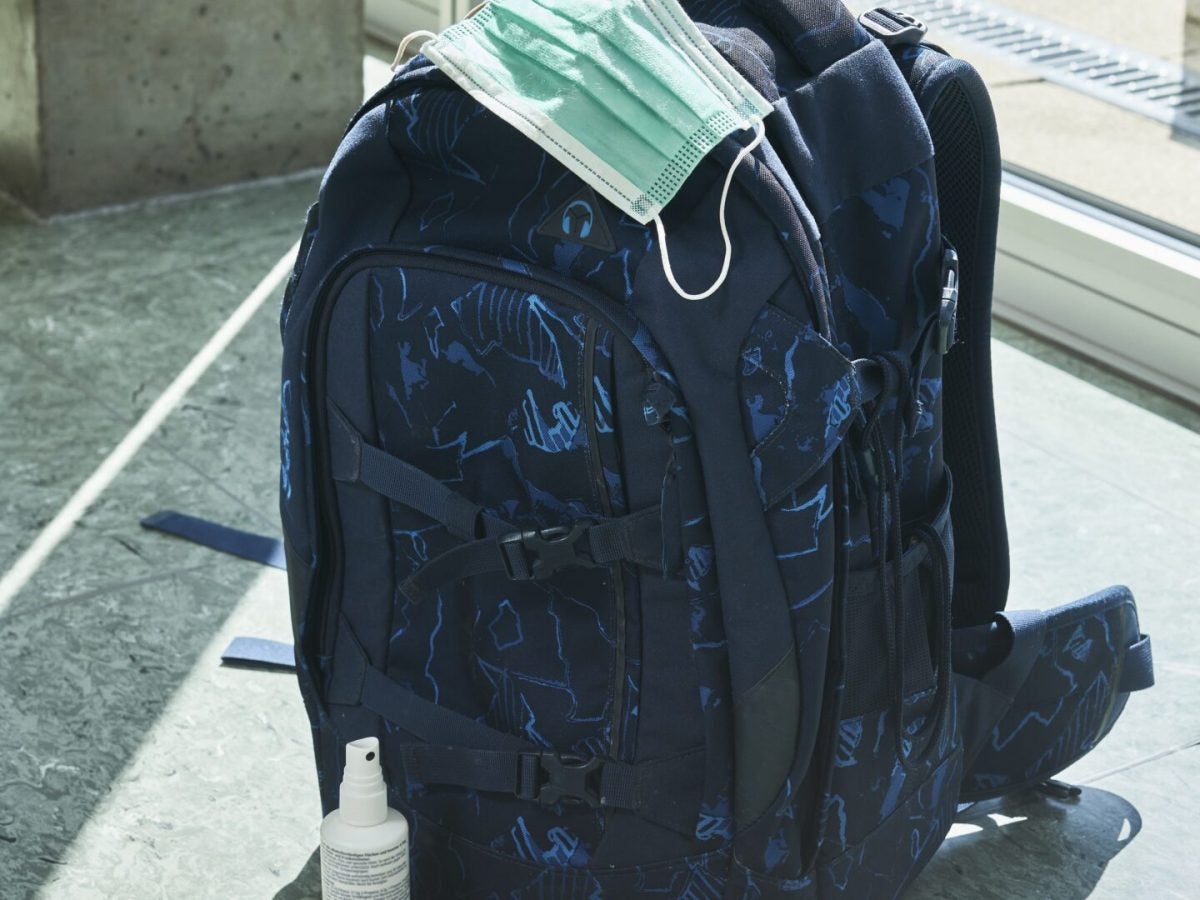
In this Keeping It Z column piece, writer Payton Wilson talks about learning in-person in Texas.
As a high school senior in Richmond, Texas, my concern about heading back to school has heightened, considering Texas governor Greg Abbott’s position that Texas schools don’t need masks or social distancing mandates. And I’m not alone—other students and teachers are concerned, too.
When talking to my peers about going back to school, there isn’t the typical anxiety over what to wear on the first day or who to sit with at lunch. Their fears center around the lack of priority concerning their health. One student said, “I’m a first-generation American, and my house is packed. I have five siblings, and my grandparents live with us. I worry about contracting the virus from a classmate who decided going out to a party Saturday night was more important than risking the health of others and bringing it home to my grandparents. This virus is deadly for the elderly, and I wouldn’t want to live with that burden.”
“Governor Abbott’s stance is upsetting but not surprising. If he were genuinely focused on ‘protecting our freedoms,’ he wouldn’t have imposed the ‘Heartbeat bill[.]’”
Governor Abbott’s stance is upsetting but not surprising. If he were genuinely focused on ‘protecting our freedoms,’ he wouldn’t have imposed the “Heartbeat bill,” which prohibits women from getting abortions after six weeks of pregnancy and makes anyone involved with an “illegal” abortion liable to be sued or jailed. Governor Abbott has repeatedly tried to ban mask mandates in school districts, even with a highly contagious variant of COVID-19 spreading throughout the state. Texas contains a number of populous high schools with several housing more than 3,000 students. That means during passing periods (which typically happen seven times a day), hallways are severely congested to a point where the only range of movement is wherever the pack is moving.
Catch up on a previous Keeping It Z column piece on Lil Nas X here.
As a student whose school has a population of nearly 2,000 students, I can personally attest to the jam-packed hallways. Students who refuse to wear masks either because it’s an “inconvenience” or because they feel as if the virus won’t affect them, and the plethora of excuses is just as bad as the politicians. But the difference is they don’t realize the politicians are so focused on appealing to their voter base, they’ve forgotten what it means to truly protect their citizens. Instead of working together to develop solutions that can help reduce the spread of the virus, they’re playing the blame game.
Students aren’t the only ones who are fearful. One San Antonio area teacher
(who preferred to remain anonymous) had this to say about Governor Abbott making mask mandates illegal to enforce in schools: “It’s dangerous. Most schools have too many students in their classrooms to properly social-distance, school-age children under 12 cannot get vaccinated, and students and teachers have already been sick. It is our responsibility to make decisions that protect our most vulnerable community members. There’s data that shows that wearing masks is a simple and effective way to do that.”
The teacher then added: “The political atmosphere surrounding COVID-19 has compromised the students involved and seems only to be getting worse.” She commented about what’s being prioritized instead. “I think in some ways we’ve lost sight that our priority should be making the best possible learning environment for our students. That comes from first making sure that our school community is a safe and welcoming environment.”
Where I’m based, there are currently more than 68,000 active COVID-19 cases. Of those 68,000, 11,073 are people age 0-17. Since schools in the area have opened back up, the case positivity rate increased from 20% to 23% in only 14 days of being open.
If I, a 17-year-old student, can see the issue here, why can’t our politicians? Schools in my area shut down and transitioned to virtual learning last year when numbers were half as bad as they are now. What’s stopping politicians and change-makers from putting students’ health first and making decisions that reflect that?